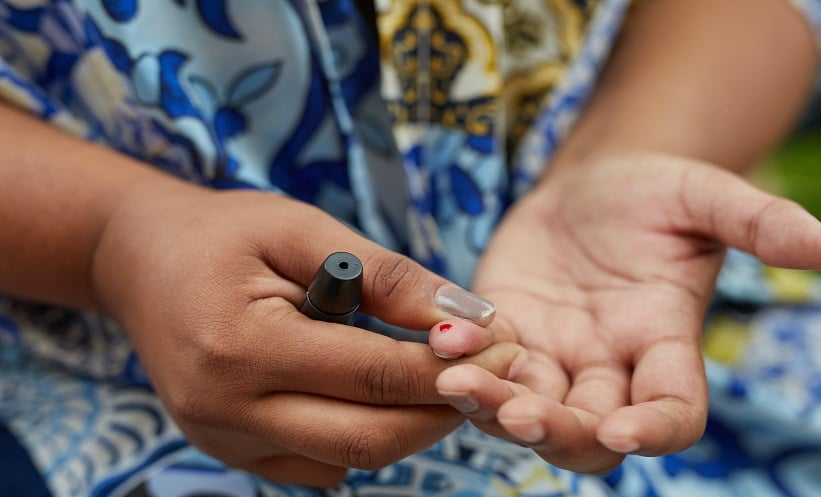NEW research has indicated that early menarche could be linked to an increased risk of developing Type 2 diabetes (T2D), and for those who do, the risk of having a stroke before 65 years of age is also increased.
An observational study of 17,377 females (age: 20–65 years) who had participated in the National Health and Nutrition Examination Survey (NHANES) between 1999–2018, sought to determine if an association between the age of menarche and risk of T2D and its related complications exists. All individuals included in the study provided the age of menarche and were subsequently stratified into six age categories: ≤10, 11, 12, 13, 14, and ≥15 years. A total of 1,773 participants had a self-reported diagnosis of T2D, and 11.5% of these individuals also reported having a form of cardiovascular disease (coronary heart disease or stroke).
The findings revealed that the average age for menarche was 13 years. After adjusting for potential confounders, including age, alcohol consumption, education, family history of diabetes, menopausal status, motherhood, physical activity, race/ethnicity, smoking, and weight, it was noted that the risk of developing T2D was greater if menarche occurred at <13 years of age compared to ≥13 years of age (p for trend=0.02). Additionally, earlier menarche was also associated with stroke in females with T2D (p for trend=0.03). After adjustment, those with very early menarche (≤10 years of age) were also found to have a significantly greater risk of having a stroke before the age of 65 years if they had a diagnosis of T2D, compared to those who had menarche at 13 years.
Considering the possible mechanisms for these observations, the authors highlighted that given the increased duration of oestrogen exposure in females, the falling age of menarche, the fact that earlier menarche has been associated with higher oestrogen levels, and T2D and its related complications are rising in young and middle-aged adults in the US, oestrogen may play a role. The researchers also noted that whilst the association between age of menarche and stroke complications remained statistically significant after adjusting for weight, the strength of this association weakened, hinting that adiposity may be implicated.
They concluded that earlier age of menarche was associated with T2D and that it could provide an early life indicator for cardiometabolic disease trajectory in females. However, given the observational nature of the study, causality could not be determined.








